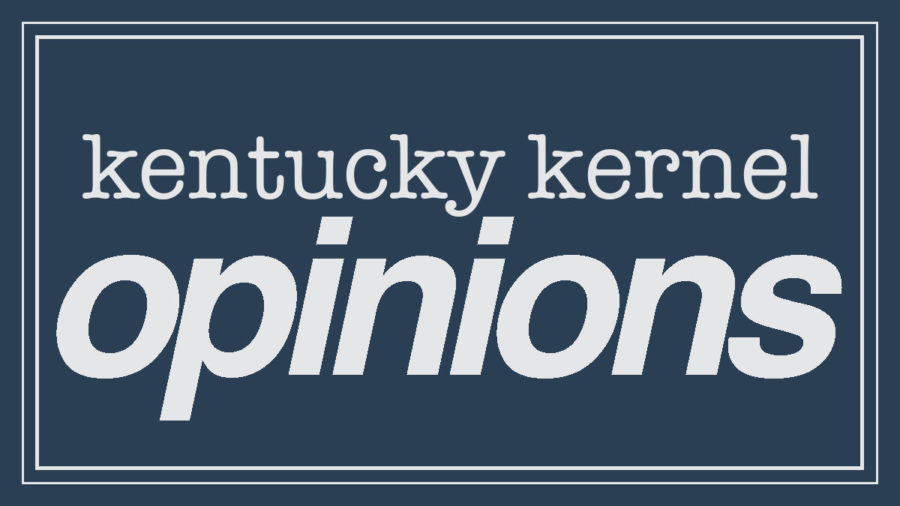Presidents’ Day: good, or bad or unimportant?
February 11, 2021
Alternatively called Washington’s Birthday, Washington and Lincoln Day or President’s Day, Presidents’ Day is a federal holiday in the United States which closes many government offices, businesses and schools. Originally meant to celebrate George Washington’s birthday, the holiday has now become a day to reflect on the great accomplishments and lives of our various presidents, past and present. At least that’s what our government and middle school teachers tell us.
But how many people sit down on their couches on Presidents’ Day and seriously think about how great a specific president was or is? Baby boomers may reflect on how John F. Kennedy handled the Cuban Missile Crisis and the United States’ relationship with the Soviet Union. Gen Xers may pose a thought about Ronald Reagan’s economic ideology and his War on Drugs. Millennials may think about Bill Clinton’s (and Joe Biden’s) Crime Bill or George Bush’s Iraq War. And the people of Generation Z (myself included) may ruminate on Donald Trump’s presidency and the future of the United States in the hands of newly elected president, Joe Biden. These thoughts are most likely fleeting, and half baked.
Most people don’t sit down to deeply ponder, engage in an intensive discussion or watch a lecture about past presidents on Presidents’ Day (or any day for that matter). Most people don’t think about any presidents at all on the holiday. Presidents’ Day has become, for millions of people, a day for sales discounts or an extra weekend day.
The overarching feeling among the American people regarding Presidents’ Day is a feeling of lackluster patriotism. The common working-class person in the United States is totally disconnected and alienated from politics and power—in the workplace and government. The majority of people go to work and spend time with their families all their lives without consciously being a part of any large social cause. They don’t have much interest in or knowledge of modern American politics, whether that be local, state or federal electoral politics, grassroots community organizing, intensive participatory conversations about social issues or political philosophy.
Many people who have faith in the American political system see Presidents’ Day as a day to celebrate not just the actions and ideas of presidents, but also the presidency as a symbol of democracy and freedom. The holiday stands out for these people as a commemoration of the United States’ shining example in the world as a beacon of representation, freedom of association, and democratic accountability.
And then there are people who see the holiday as nothing but a propagandized marker of patriotic arrogance. These people see Presidents’ Day as another concept that sits deep in the enormous heap of patriotic cues taught from elementary school to the death bed. Similar to Memorial Day, Independence Day, Veteran’s Day, and Christopher Columbus Day, it helps sustain a culture of always deifying the United States and never criticizing it. Sacrificing humanity for shameless tribalism. Sacrificing critical thinking that could lead to important social change for sensationalized fiction of America’s past and discrimination based on geographic boundary.
Which opinion do you hold? Is President’s Day just another day off? Is it an opportunity to appreciate the successes of our many presidents, and the United States as a whole? Or is it just another way to pacify and brainwash the American people into undying loyalty? I’ll leave you with a quote from 20th century American author and activist James Baldwin that incorporates both beliefs:
“I love America more than any other country in the world and, exactly for this reason, I insist on the right to criticize her perpetually.”























































































































































